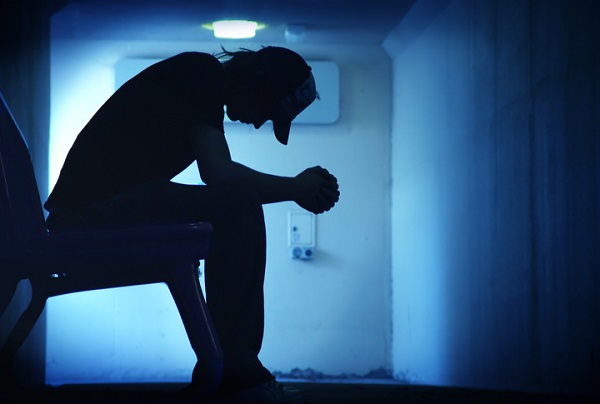Shame and addiction are closely related. People who feel high levels of shame, for example, are more likely to develop an addiction to drinking or gambling (Bilevicius, E. et al., 2018). Such feelings can lead to a negative circle whereby the addiction causes shame and that sense of shame in turn leads to addictive behaviours.
Because shame plays such a big role in addiction, helping people overcome it is often integral to helping them recover. Here we will look at the relationship between addiction and shame and how you can help clients who are battling both.
Those in Addictions Counsellor Training Understand the Link Between Public and Self-Stigmatization
For many people with an addiction, a process of self-stigmatization occurs based on public stigma towards addiction (Matthews et al., 2017). The person with the addiction internalizes the negative stereotypes surrounding addiction and then applies these as normative standards to themselves. As a result, they feel a sense of shame and decreased self-worth.
After your addictions counsellor training you can help clients navigate these complex feelings of shame by reassuring them that their addiction is not proof of them having failed. In fact, addiction counsellors often remind clients that seeking treatment is a form of strength. By reminding clients of this fact, you can help them overcome feelings of shame and help them stay on the path to recovery.

Clients recovering from addiction often need to be reminded that seeking help is a form of strength
Addiction Is Not a Choice
Many people battling addiction often feel they have “failed” because they perceive themselves as responsible for their addiction. This negative feeling is often reinforced by others who, whether well-intentioned or not, tell the person that they can overcome their addiction through willpower alone. Saying this, however, frames addiction as a choice, which reinforces a sense of shame. In fact, one study found that willpower has no effect on a person’s recovery status (Snoek et al., 2016).
Addiction is rarely a choice; it is strongly influenced by upbringing and genetics. Some people are genetically predisposed to addictive behaviours (Agrawal, A., et al., 2012) and factors in one’s environment, such as sexual and physical abuse as a child, also increase the risk of addiction later in life (Elwyn, L. & Smith, C., 2013). It’s important for people recovering from addiction to recognize that while they have agency over their recovery, their addiction can rarely be simplified to a matter of personal choice.

People battling addiction should know that addiction is rarely a sign of a lack of willpower
Your addictions counsellor courses will include a course on Sexual Abuse & Trauma Counselling, which can provide you with a more informed perspective of what people who have experienced abuse are going through. That genetics and upbringing contribute to addiction is further proof that addiction—and the shame that accompanies it—are rarely chosen by those battling it. By recognizing that addiction is not a choice, those recovering from addiction can better overcome the sense of shame they may be feeling.
Do you want a career where you can help others?
Contact Rhodes Wellness College to learn more about our addiction counsellor diploma.
Works Cited
Agrawal, A., Verweij, K.J.H., Gillespie, N.A., Heath, A.C., Lessov-Schlaggar, C.N., Martin, N.G., … Lynskey, M.T. (2012). The genetics of addiction—a translational perspective. Translational Psychiatry 2(e140). doi:10.1038/tp.2012.54
Bilevicius, E., Single, A., Bristow, L.A., Foot, M., Ellery, M., Keough, M.T., & Johnson, E.A. (2018). Shame mediates the relationship between depression and addictive behaviours. Addictive Behaviors, 82(July 2018), 94-100. doi: 10.1016/j.addbeh.2018.02.023
Elwyn, L., & Smith, C. (2013). Child Maltreatment and Adult Substance Abuse: The Role of Memory. Journal of social work practice in the addictions, 13(3). doi: 10.1080/1533256X.2013.814483
Matthews, S., Dwyer, R., & Snoek, A. (2017). Stigma and Self-Stigma in Addiction. Journal of bioethical inquiry, 14(2), 275–286. doi: 10.1007/s11673-017-9784-y
Snoek, A., Levy, N., & Kennett, J. (2016). Strong-will but not successful: The importance of strategies in recovery from addiction. Addictive Behaviors Reports, 4(December 2016), 102-107. doi: 10.1016/j.abrep.2016.09.002










